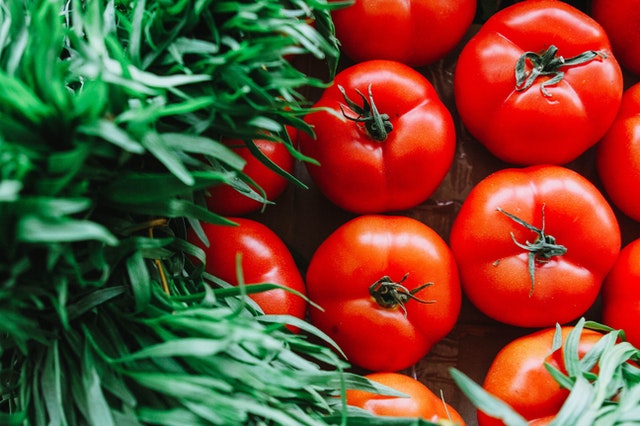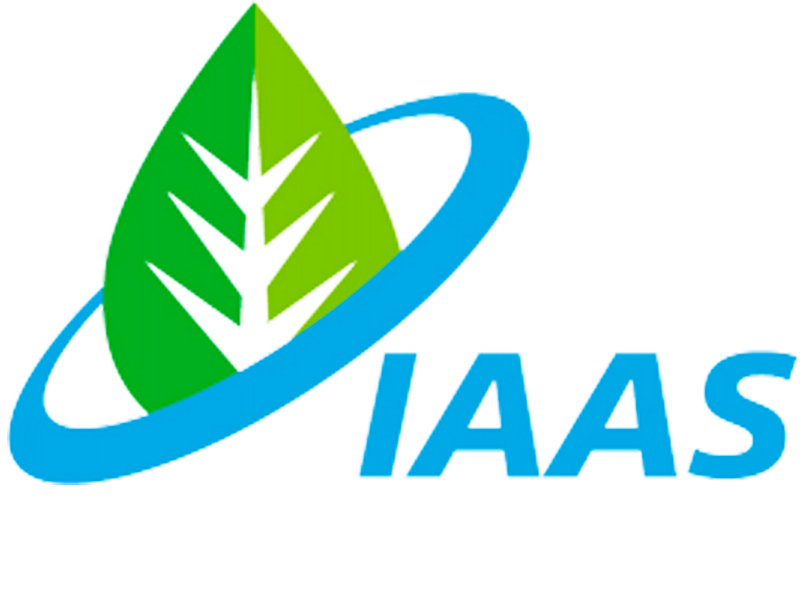Potential regional declines in species richness of tomato pollinators under climate
by University of Tennessee at Knoxville
Research by the University of Tennessee at Knoxville, about 70% of the world’s main crops depend on insect pollination. Climate change is already affecting the abundance and distribution of insects, which could cause geographical mismatches between crops and their pollinators. Crops that rely primarily on wild pollinators (e.g., crops that cannot be effectively pollinated by commercial colonies of honey bees) could be particularly in jeopardy.

However, limited information on plant-pollinator associations and pollinator distributions complicate the assessment of climate change impacts on specific crops. To study the potential impacts of climate change on pollination of a specific crop in North America, we use the case of open-field tomato crops, which rely on buzz pollinators (species that use vibration to release pollen, such as bumble bees) to increase their production. We aimed to (1) assess potential changes in buzz pollinator distribution and richness, and (2) evaluate the overlap between areas with high densities of tomato crops and high potential decrease in richness.
Disparities in the effects of climate change on the potential future distribution of different wild pollinators and geographical variation in richness highlight the importance of crop-specific studies. Our study also emphasizes the challenges of compiling and modeling crop-specific pollinator data and the need to improve our understanding of current distribution of pollinators and their community dynamics under climate change.
> Read the full article: PHYS.ORG



 Source: Pexel.com
Source: Pexel.com